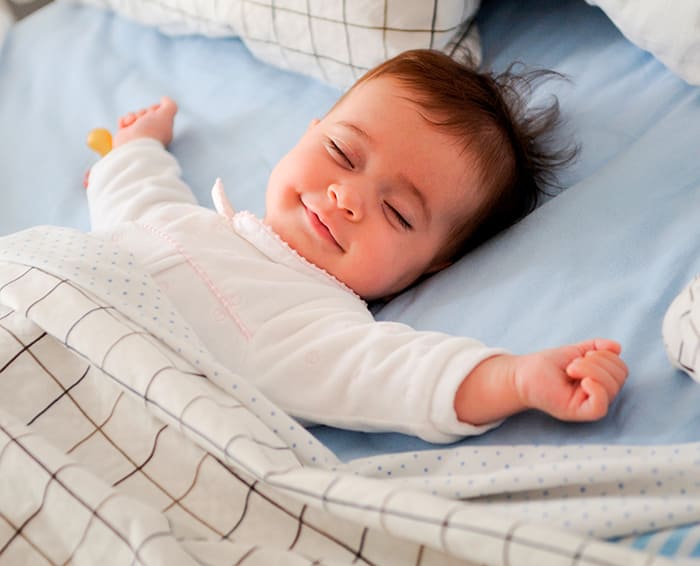 In today’s culture, poor sleep is worn almost like a badge of honor. If you are a high achiever, whether in your job, with your family, or just trying to live a full life, sleep often takes a back seat to our attention. It’s the place often sacrificed to find more time in the day. However, science is showing time and again that better sleep is imperative to good health. Many don’t know that simple changes to the daily task of getting to sleep can help them feel more rested and ready to take on their day, and aid their long term health. Here are some steps to take for more effective rest.
In today’s culture, poor sleep is worn almost like a badge of honor. If you are a high achiever, whether in your job, with your family, or just trying to live a full life, sleep often takes a back seat to our attention. It’s the place often sacrificed to find more time in the day. However, science is showing time and again that better sleep is imperative to good health. Many don’t know that simple changes to the daily task of getting to sleep can help them feel more rested and ready to take on their day, and aid their long term health. Here are some steps to take for more effective rest.
Establish a Sleep Schedule
Many daily biological patterns are based off the body’s circadian rhythm. This system is cued into light and other waking stimuli, and best responds to a pattern of regularity. Set aside 7.5-8.5 hours to sleep each night. Try to retire at the same time, rising around the same time each morning. Weekends should replicate the weekly waking and sleeping times as well, where possible. Avoid long naps (greater than 30 mins) in the day as these impact the ability to fall asleep at a normal time.
Adjust Your Surroundings
The place one sleeps should be inviting. For many, this means some place cool, dark, and calm. Others benefit from a fan or other device to give a consistent, gentle background sound. Minimizing stimulating your senses through blocking out sounds, light, or other things that will prevent relaxation. This includes not using television, phones, computers, or radio when trying to fall asleep.
Prepare the Body
It is common to try to work or be active right up till it’s time to go to bed. However, this keeps the body on alert. Hormones are released to tell us when to rise, prepare us for proper function, and give appropriate arousal to best perform in our day.
 These aspects of the “biological clock” are influenced by outside cues, like light, sound and other stimuli. It’s best to allow the body time to adjust away from this alert state. As the evening hours begin, dim or shut off lights within the house. If spending time on the computer shortly before bed, consider installing a program that removes blue light to lower stimulation. Do some relaxing activity before sleeping, like reading a book or taking a bath. Not only should work be avoided as you’re approaching bedtime, but also exercise or other activities that keep the body charged up.
These aspects of the “biological clock” are influenced by outside cues, like light, sound and other stimuli. It’s best to allow the body time to adjust away from this alert state. As the evening hours begin, dim or shut off lights within the house. If spending time on the computer shortly before bed, consider installing a program that removes blue light to lower stimulation. Do some relaxing activity before sleeping, like reading a book or taking a bath. Not only should work be avoided as you’re approaching bedtime, but also exercise or other activities that keep the body charged up.
Though going to bed hungry doesn’t promote quality sleep, neither does stuffing oneself. Be careful how much you consume leading up to the hours before bed.Also note that excessive fluids will likely cause the need to hit the bathroom at some point in your slumber. Caffeine, alcohol, some herbs, and nicotine can be stimulants that hinder a quick fall into a useful sleep cycle. These can take hours to get out of the system, so pay attention to when to stop ingesting them. Alcohol especially can make the sleep one gets poorer then it should as well.
The post Steps to Getting Better Sleep appeared first on Team Athletic Mentors.
 Athletic Mentors
Athletic Mentors